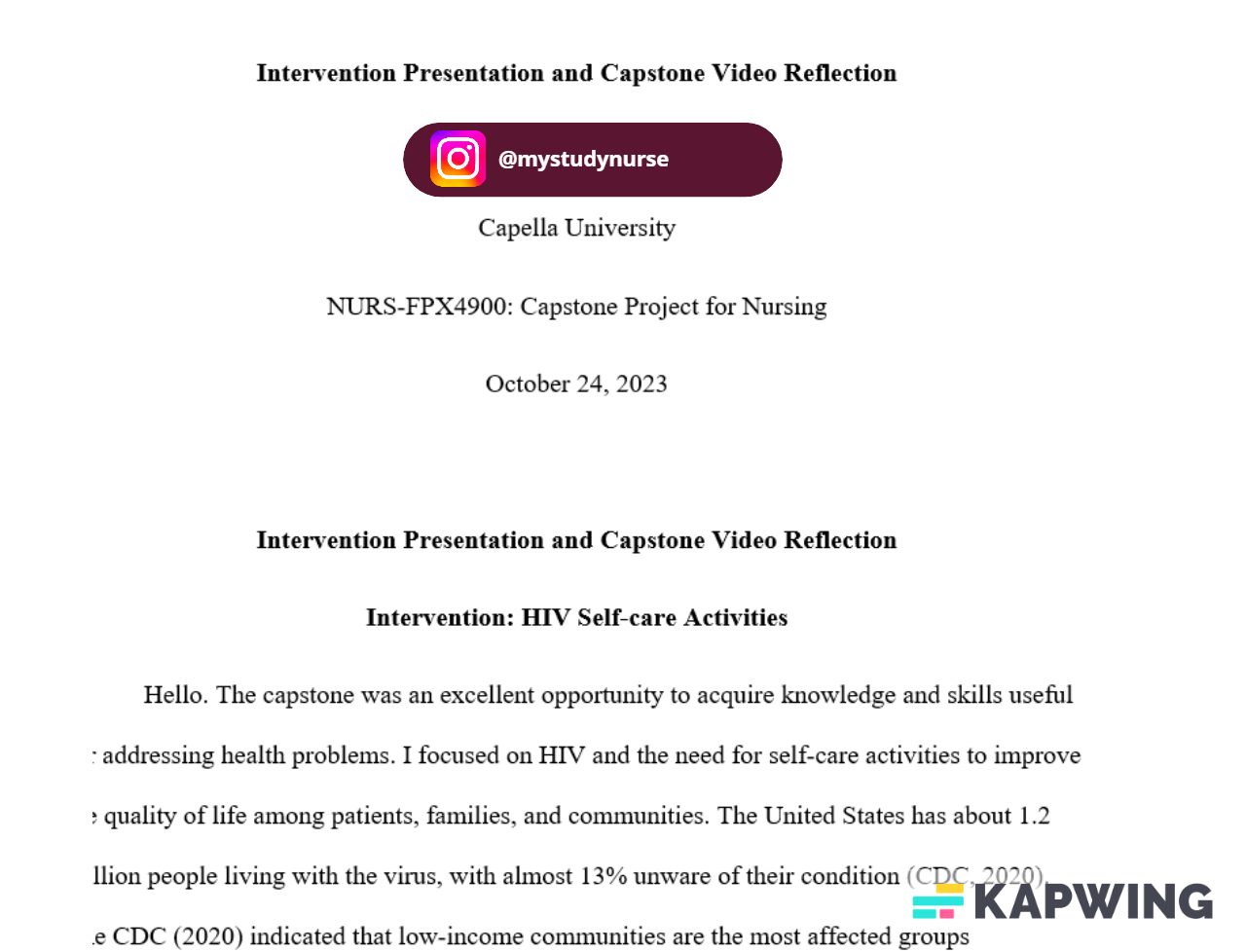Melissa Delgadillo
Capella University
BHA-FPX 4106: Introduction to Managing Health Care Information
Professor Sonia Hussain
October 24, 2023
Benchmarks and Quality Measures for Linkage to HIV Care
Introduction
Identifying benchmarks and trends for linkage to HIV care enables healthcare professionals to make informed conclusions about best practices for optimizing care outcomes. Benchmarks from national quality indicators provides insights into the effectiveness of care and interventions necessary to ensure that more people access quality, safe, and affordable HIV care. This paper focuses on linkage to HIV care as one of the priorities influence the quality of clinical experiences across the continuum.
Data Compatibility
Ensuring data from multiple sources is compatible is a primary consideration. The process requires one to consider accuracy of data by authenticating sources and ensuring the information meets the intended use. Another consideration is completeness of data in terms of the absence of missing values and data records (Galetsi et al., 2019). Further, the data used is up to date, which makes it appropriate for use in making informed conclusion about patients’ linkage to HIV care. Challenges associated with data standardization include the risk of incomplete and inaccurate data collection (Galetsi et al., 2019). Slower organizational workflows may trigger patient matching issues, which exposes the care team to the risk of incomplete view of clients’ HIV medical and treatment details. Another challenge associated with data standardization is the likelihood of patients changing their demographic information. The issue undermines patient matching and identification, which increases the risk of mixing up patients with the same records.
Effects of Health Information Quality on the HIE
An HIE is a secure and centralized repository of patient data aggregated across facilities and EHRs within the same location. The purpose is to allow physicians, nurses, pharmacists, and other healthcare professionals and patients to access and share crucial medical information electronically (Oachs & Watters, 2020). On the other hand, a national database means an electronic system that allows the department of health to obtain medical information, surveillance, disease projections, surveys, and other details from records of other states. Submitting incomplete or inaccurate information to an HIE portrays inaccurate data collection, patient matching gaps, and inefficient organizational workflows (Oachs & Watters, 2020). It is challenging to deliver the best, efficient, and high quality care after submitting the wrong details to HIE. It becomes difficult for the care team to have a complete view of a patient’s medical and treatment history. Healthcare providers also have challenges understanding and identifying patients better.
Facilities submitting incomplete or inaccurate information to a national database undermine the quality and safety of HIV care. The scenario reveals risks of incomplete or incorrect demographic data. The incorrect and incomplete information means inadequate matching data points (Gjellebæk et al., 2020). The gap creates the risk of missing national data about linkage to HIV care and other practices. Incomplete and inaccurate data has negative implications on the proposal on HIV management. The gap means incomplete progress notes, unauthenticated medical records, and limited description of the intent for services meant to improve the quality and safety of patient care. In this case, incomplete and inaccurate data increase the risk of incorrect decisions and inadequate findings to address the health issue.
Conclusion
Benchmark and quality measures enable healthcare providers to make informed conclusions about efficiencies and effectiveness of care delivery. For HIV management, the care team should correct, process, and share complete and accurate details of progress, treatment, linkage to care, and adherence to ART. As such, standardizing data collection is vital to make workflows more efficient and accurate across the continuum.
References
Galetsi, P., Katsaliaki, K., & Kumar, S. (2019). Values, challenges and future directions of big data analytics in healthcare: A systematic review. Social Science & Medicine, 241, 112533. https://pubmed.ncbi.nlm.nih.gov/31585681/
Gjellebæk, C., Svensson, A., Bjørkquist, C., Fladeby, N., & Grundén, K. (2020). Management challenges for future digitalization of healthcare services. Futures, 124, 1-8.
Oachs, P. K., & Watters, A. L. (2020). Health information management: Concepts, principles, and practice (6th ed.). AHIMA Press.

